Çeşitli İngilizce öğretmenleri arasından arama yapın...
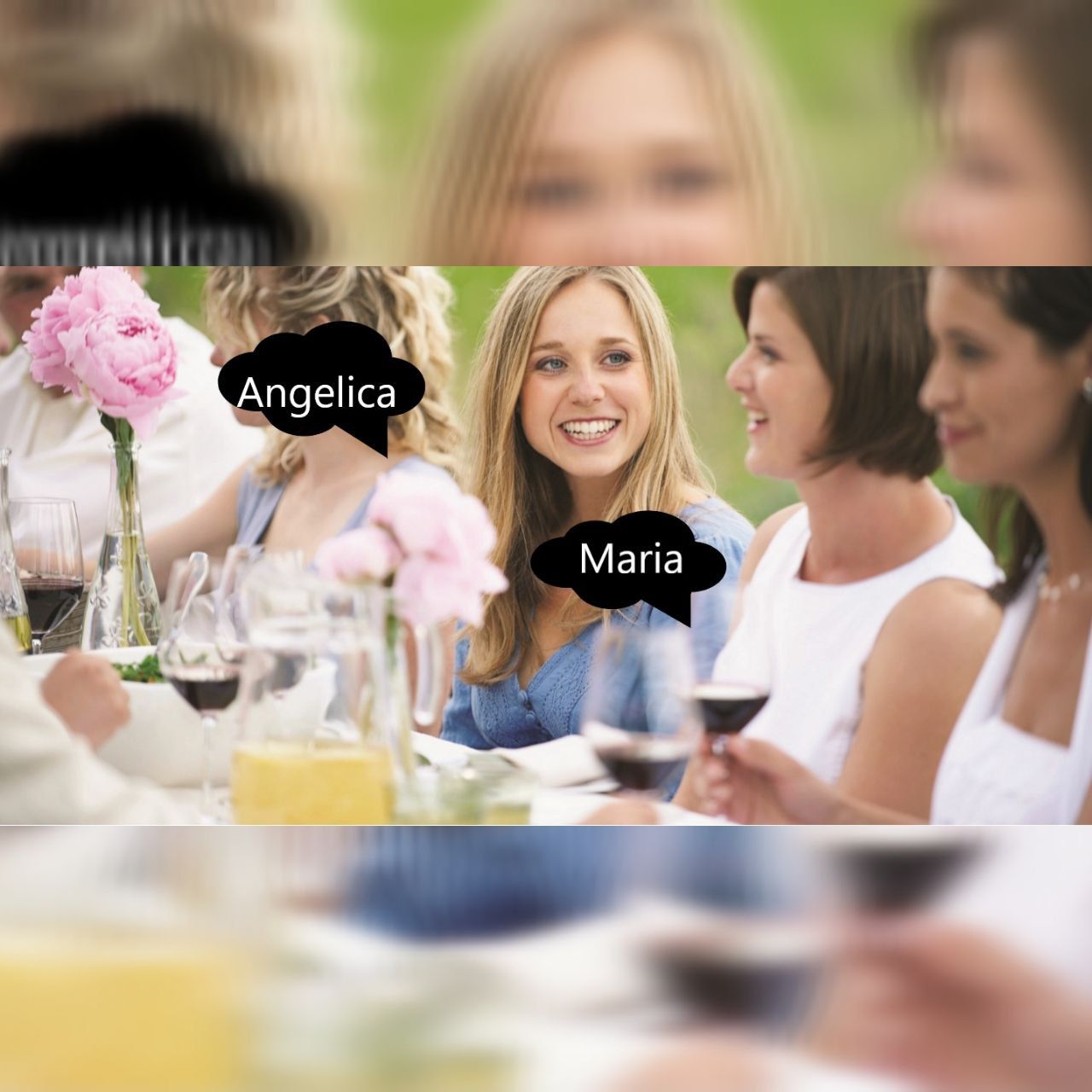
Day 29: Weddings
Açıklama
ANGELICA: Doesn’t the bride look beautiful in that wedding dress?
MARIA: Yes. She looks amazing. And the groom is so romantic.
I just heard the story of how they got engaged! He
proposed to her during a candlelight dinner in London.
Did you know that was where they went to school?
ANGELICA: Oh? Wonderful. And the honeymoon! What a great
idea! Most people just go to the beach for a week
after they tie the knot. But they plan on heading to
California and cruising the coast on their motorcycle.
MARIA: Really! What a fantastic idea. This is by far the best
wedding I’ve ever been to
LANGUAGE NOTES
• Doesn’t …? When you have a negative question, the expected answer is “yes.” As
such, it expresses the exact opposite of what is being conveyed (i.e., the bride DOES
look absolutely beautiful).
• Listen to the stress on honeymoon. There are three syllables in “honeymoon,” with the
stress on the first syllable [HO-ney-moon]. This content word is culturally important, so
it’s emphasized: It means a trip or vacation taken by a newly married couple.
• Tie the knot is an informal way of saying “get married.”
• Can you find and explain the two usages of just in this dialogue? “Just” is an adverb
that can be used in two different ways:
a) To indicate a very recent past (I just heard the story). When used to convey
time, “just” is commonly used with a simple past verb because the action is
complete. Sometimes it can also be used with the present perfect (He’s just
finished writing a book).
b) To indicate contrast or emphasis (Most people just go to the beach). In that
case, “just” can be replaced by “simply” and emphasize the word it relates to
(a verb, adjective or other adverb) by denoting contrast. Compare the following
sentences: “They just got married yesterday” (adverb of time). “The wedding
reception was just wonderful” (adverb of emphasis).
Yayın Kanalı
English Conversation practice (30-day challenge)
Yazar
Bütün bölümler
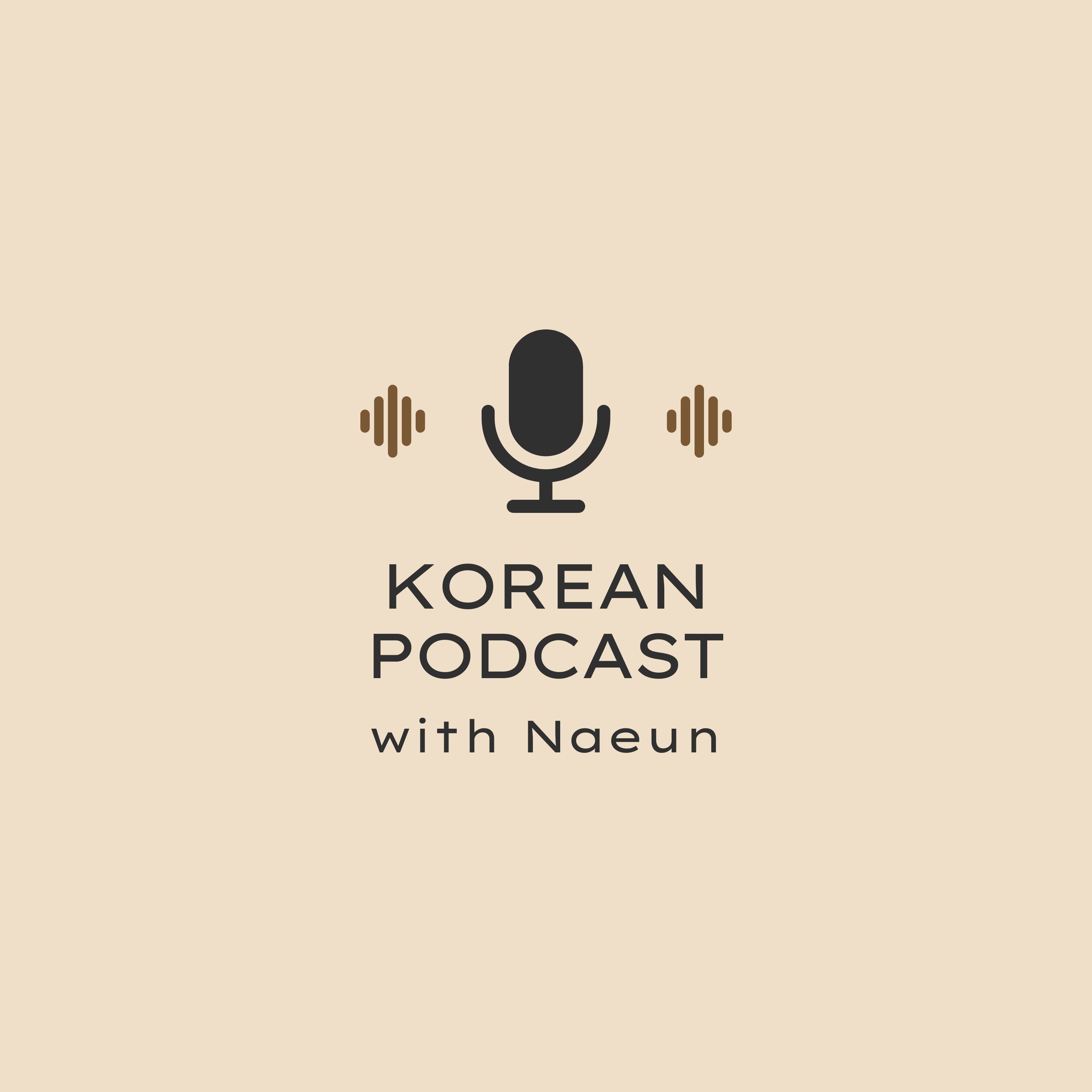
자유를 느끼다 | Moments of Freedom | Essential Vocabulary for Intermediate

Kalamnan ng mga Higad

Tentam Levantar a Reforma De Homem Morto
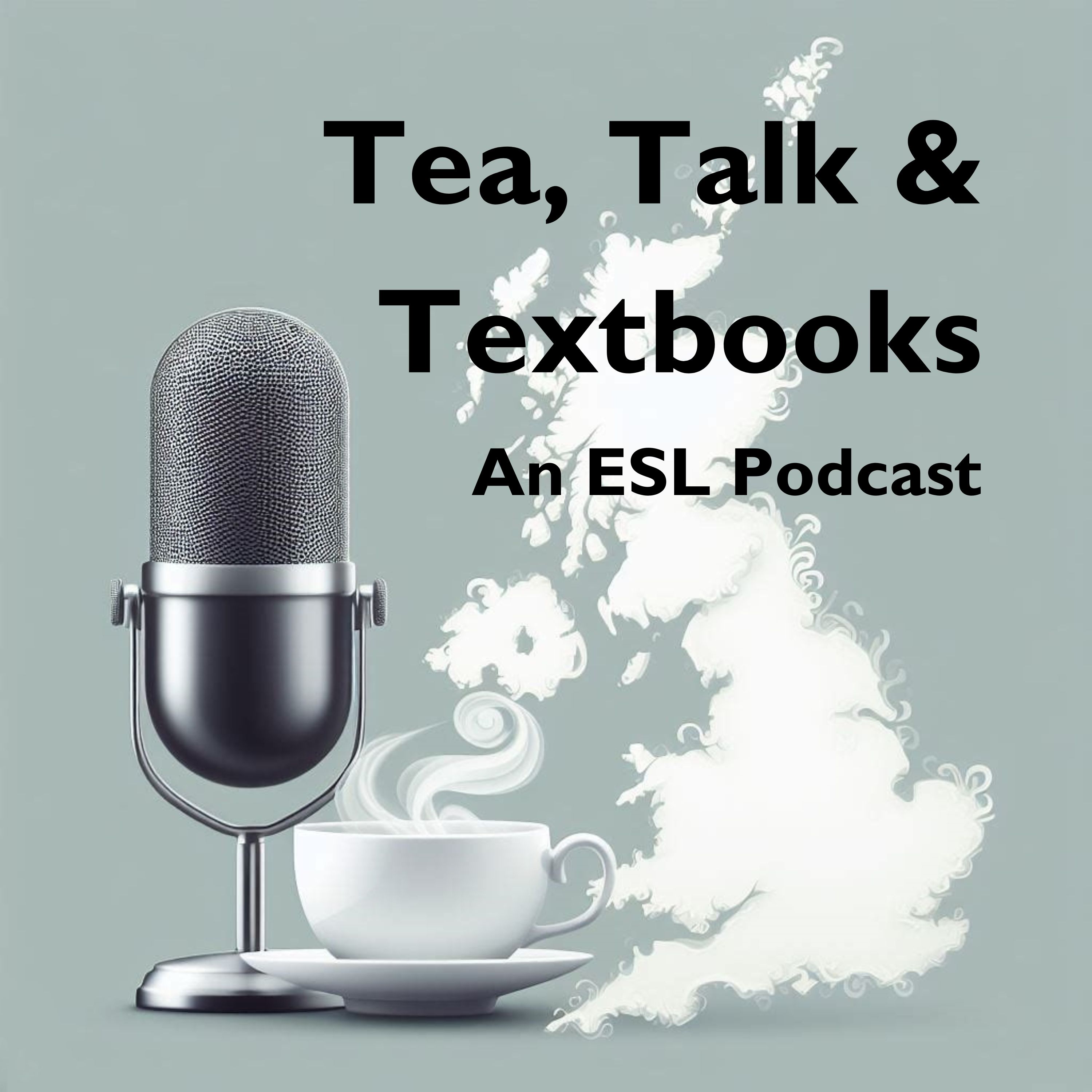
Autumn Study Day (B1-B2)
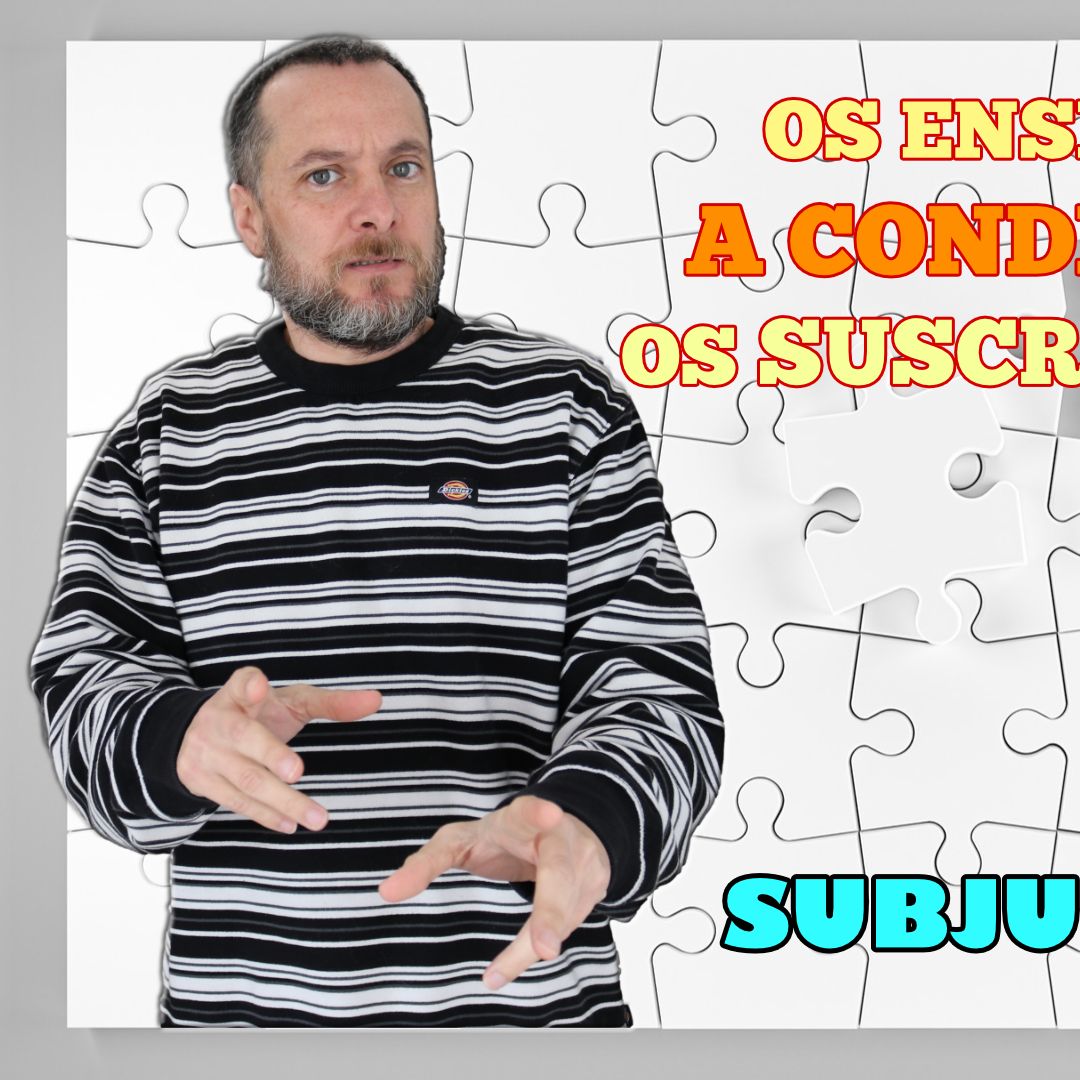
Nos vamos al cine a condición de que no le digas nada a tu madre
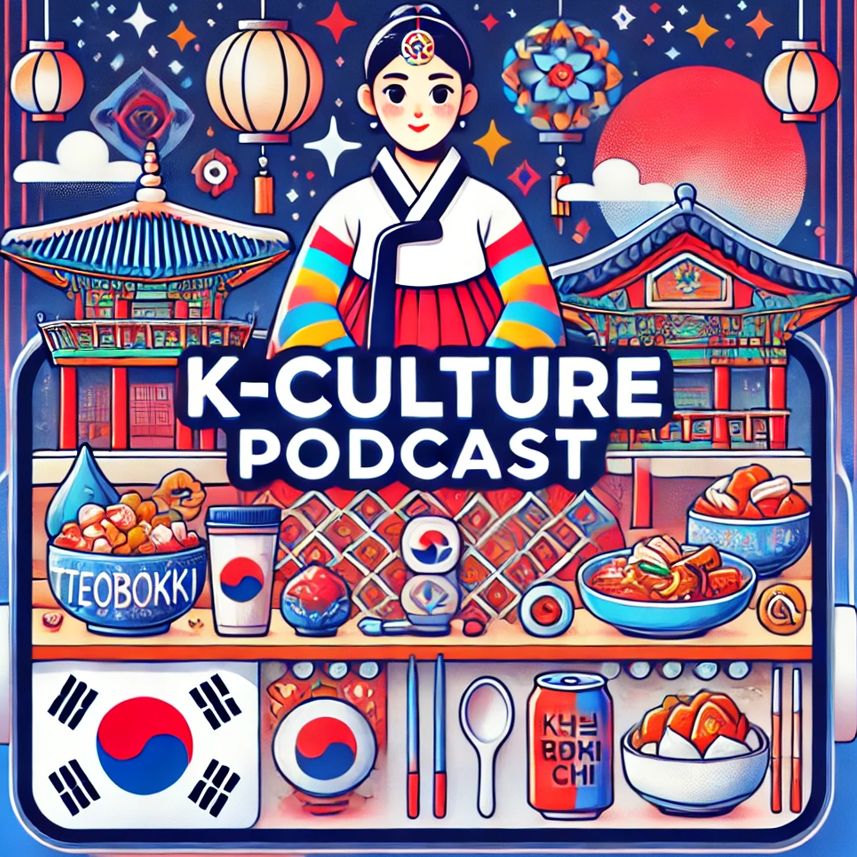
오늘의 이야기
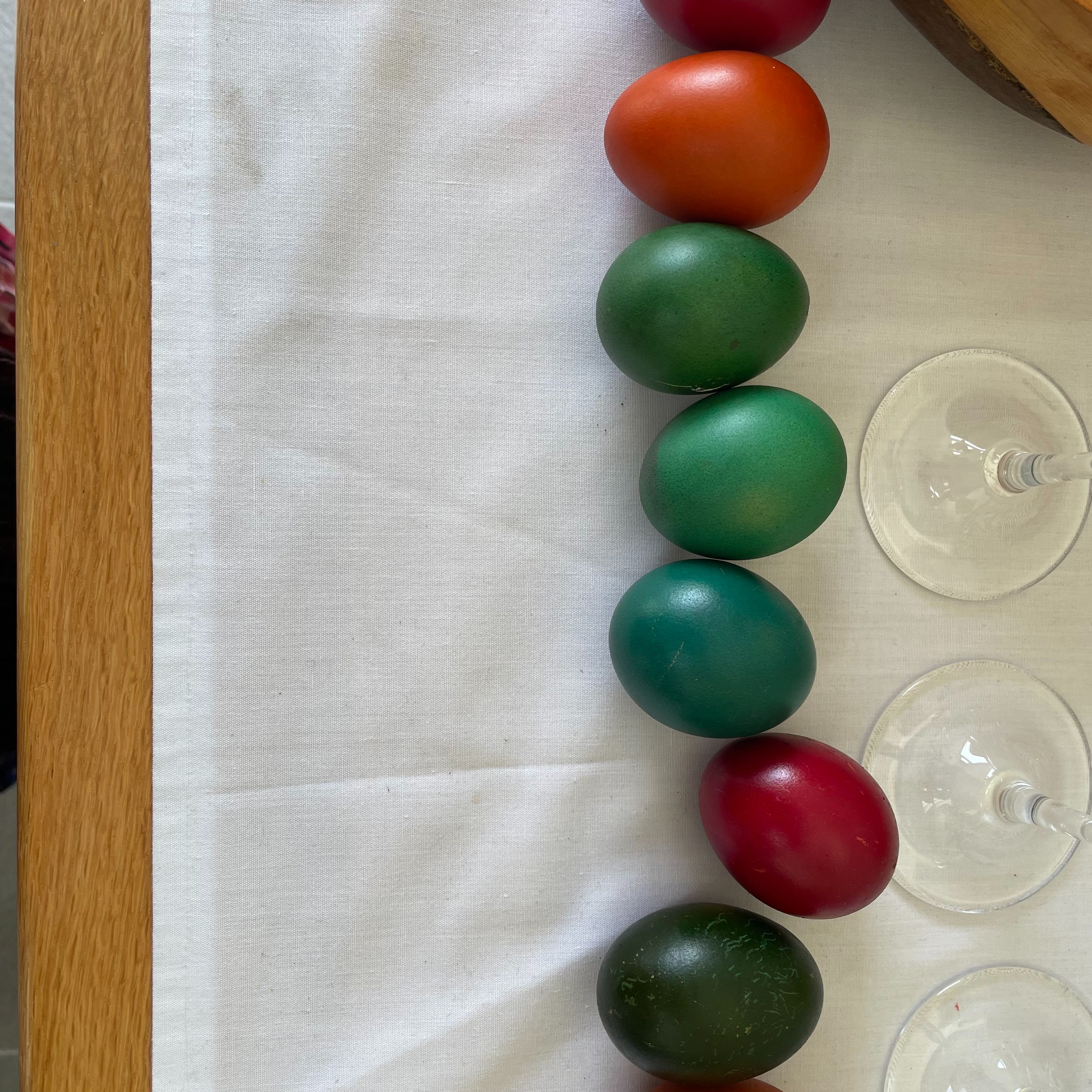
Egg
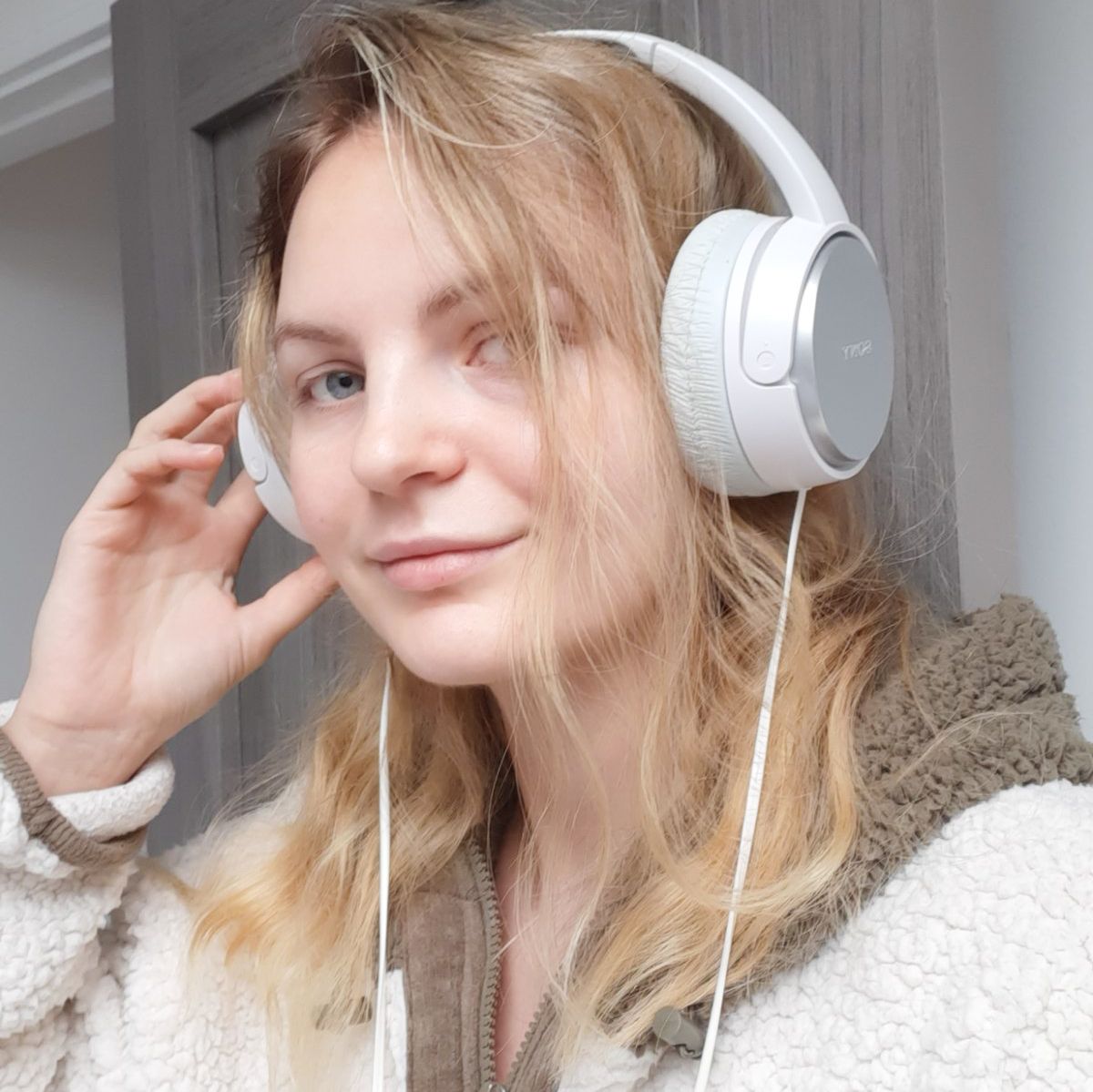
Mystery clown creeps around Scottish village
Popüler bölümler

Korean Podcast with Naeun
자유를 느끼다 | Moments of Freedom | Essential Vocabulary for Intermediate

Learn Tagalog with Teacher Regina
Kalamnan ng mga Higad

Aprenda Português Com Notícias Insólitas e Malucas -Learn Portuguese With Crazy Isoteric News
Tentam Levantar a Reforma De Homem Morto

Tea, Talk & Textbooks: An ESL Podcast
Autumn Study Day (B1-B2)

Reyes from Spain
Nos vamos al cine a condición de que no le digas nada a tu madre

한국의 문화
오늘의 이야기

Idiom Corner
Egg

Lisa's Podcast
Mystery clown creeps around Scottish village